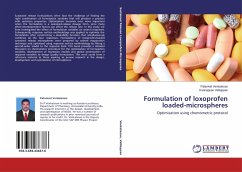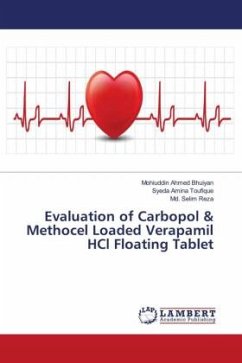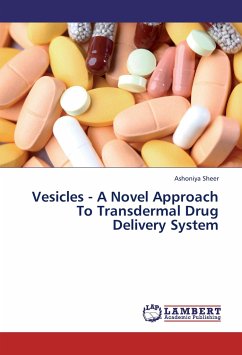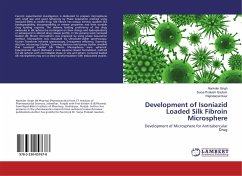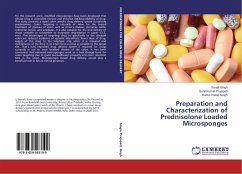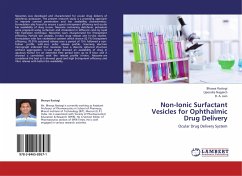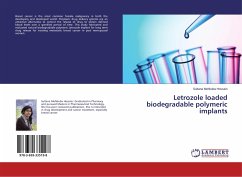Vesicular systems are novel means of delivering drug in controlled manner to enhance bioavailability and get therapeutic effect over a longer period of time. Vesicles are colloidal particles in which a concentric bilayer made up of amphiphilic molecules surrounds an aqueous compartment. They are a useful means of vehicle or drug delivery of both hydrophobic drugs, which are associate with the lipid bilayer and hydrophilic drugs, which are encapsulated in the interior aqueous compartment. In general, vesicles made of natural or synthetic phospholipids are called liposomes whereas those made of nonionic surfactants (e.g.alkylethers and alkylesters) and cholesterol constitutes a nonionic surfactant vesicular system called niosomes Vesicles are commonly classified into two categories: classical and long circulating vesicles (LCV). The term classical vesicle (CV) has been used for dose-dependent pharmacokinetics and short circulation of half- lives, particularly after intravenous administration of low doses. They are rapidly cleared to the mononuclear phagocytic systems (MPS) which was problematic in the early attempts to create drug delivery systems for certain applications.
Bitte wählen Sie Ihr Anliegen aus.
Rechnungen
Retourenschein anfordern
Bestellstatus
Storno


